Anxiety or panic to sing in front of others or even to practice alone is a common symptom of emotional blocks to singing, leading to feelings of frustration. It may be related to complex trauma.
In this post, you will understand the effects of trauma on singing, including how the emotional and muscular responses can interfere with practical aspects of your training and performance.
It also presents a path to healing, which involves changing the approach you use to practice singing and the way you perceive yourself as a singer.
To avoid missing my future posts, subscribe to the Post Notification.
To receive my latest news, including special offers for my online courses, subscribe to my newsletter.
Resources
Before we dive into the content, I would like to mention some resources to help you open your singing voice.
To learn exercises and practical tools to facilitate the opening of your singing voice in cases of trauma and emotional blocks, consider enrolling in my online course.
Here is a free guide to help organize your singing practice in case of trauma symptoms.
That’s my list of books to help open your voice.
Visit this page to have an overview of my work on singing and trauma.
Now let’s explore the effects of trauma on singing.
- What is Trauma
- How Trauma Influences Singing
- 8 Signs of Trauma-Related Emotional Blocks to Singing
- A Path to Healing
What is Trauma
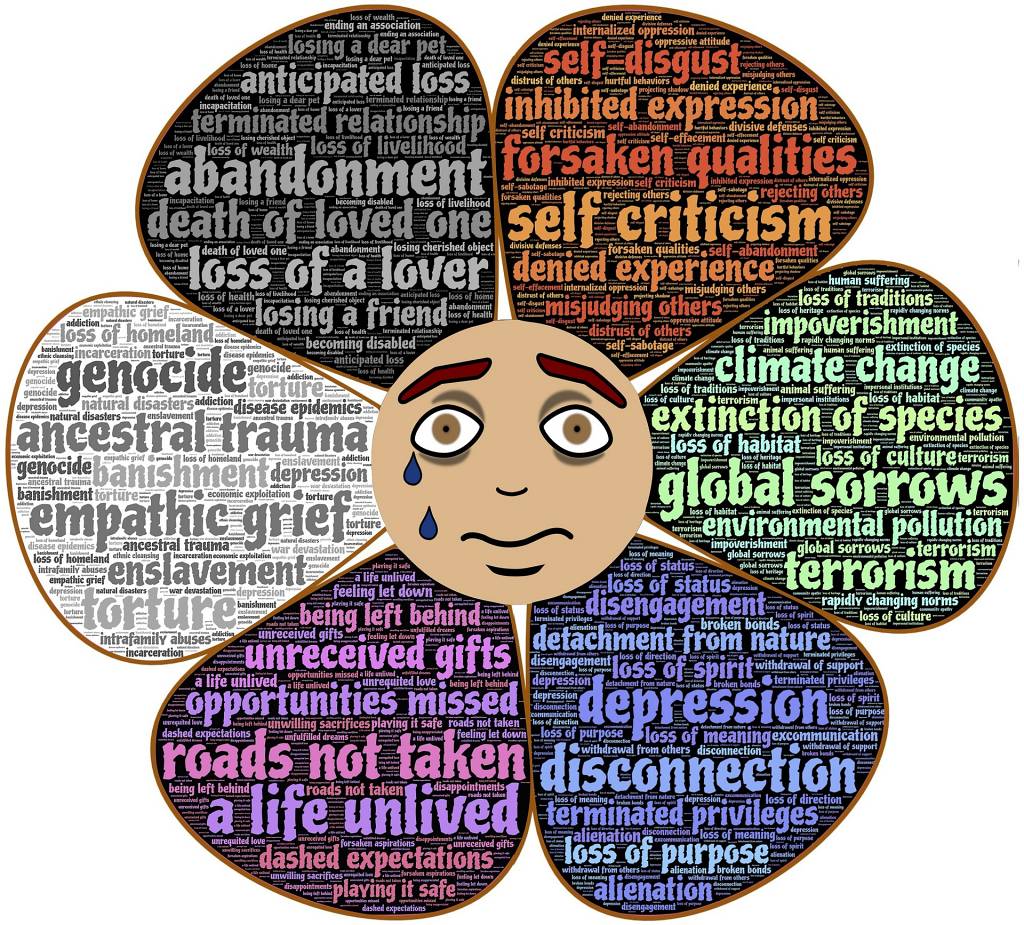
Trauma symptoms are a Nervous System response to a previous experience of intense stress that exceeds the person’s ability to cope. The Autonomic Nervous System is not able to restore balance. It gets stuck in that state, and this leads to symptoms such as anxiety, fear, shame, feelings of helplessness, gastrointestinal issues, chronic muscular tensions, and restricted breathing.
When finding itself in a situation that resembles the original traumatic experience, the Autonomic Nervous System reacts in an attempt to protect the person from the perceived danger.
it is not uncommon for traumatic symptoms to come from early experiences in childhood. In cases of chronic trauma, especially if it happens in early childhood, people can confuse the symptoms as characteristics of themselves, because this is the “normal” they have always known.
How Trauma Influences Singing
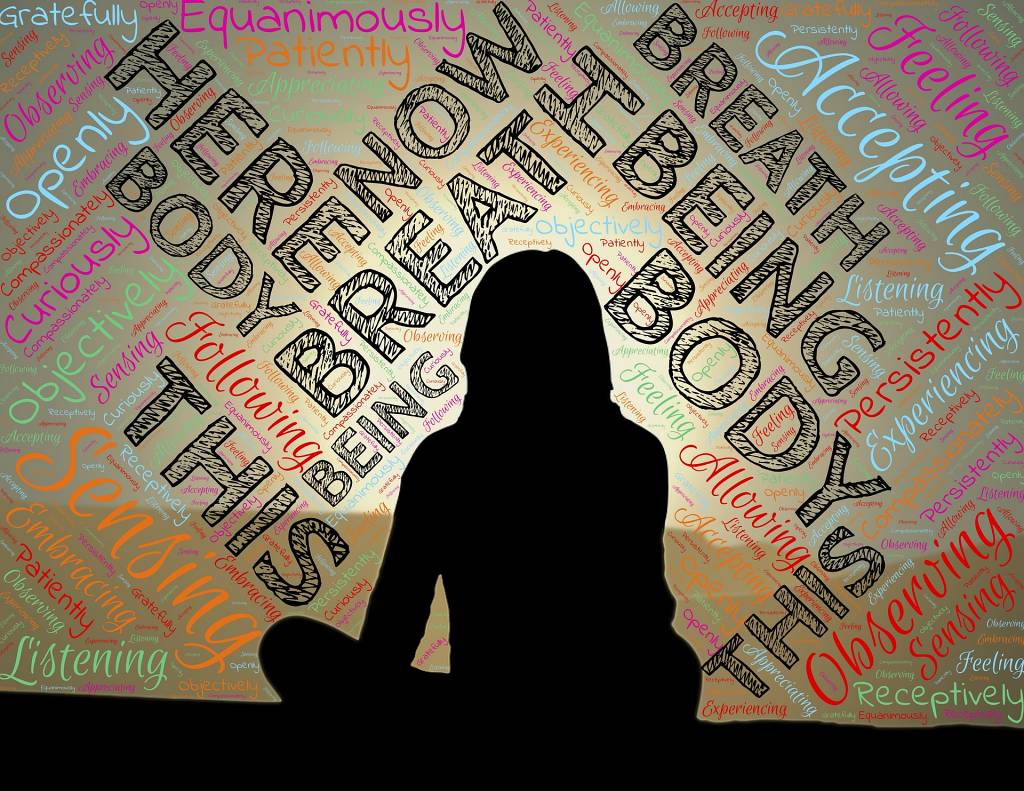
When related to singing, trauma symptoms can impact breath, muscle tone, expression of feelings, and confidence to sing in front of others, causing extreme anxiety before and during a performance or audition.
I emphasize here the emotional component as a determinant in the activation of muscle tensions when faced with a singing (or speaking) situation, which in the individual’s psyche and Autonomic Nervous System constitutes a threatening situation that echoes the original traumatic experience.
8 Signs of Trauma-Related Emotional Blocks to Singing
Now, I will describe in a practical way how the symptoms of trauma can interfere with singing. Notice that these characteristics are not only present in people with a history of trauma but will be much more intense when related to trauma.

1. Training even alone can be challenging: arouse fear, panic, and thought patterns that can relate to childhood dynamics or past experiences.
2. Anxiety/panic to sing in front of others or even to record alone.
3. The quality of singing is much better during rehearsal than recording, leading to feelings of frustration because: “I know I can do it, but I can’t do it in front of a person, a camera, or an audience.”
4. Anticipating and blocking oneself before a challenging part of a song or high notes, and in general, the challenging parts include high notes. The ways in which a person can block their singing are psychologically, emotionally, and through muscular tensions, so breathing becomes more restricted by this kind of anxiety.
5. Improving singing can be scary because it means being deeply in touch with one’s own body and feelings, which can trigger traumatic responses.
6. Difficulty screaming fully. It can be related to chronic throat constriction from being silenced as a child. This is directly related to having or not having your full voice.
7. Chronic respiratory constriction that becomes even more intense due to the tension caused by singing anxiety.
8. Chronic throat constriction as a result of stored or repressed feelings, such as fear, rage, and sadness, that want to come out but were not allowed.
A Path to Healing
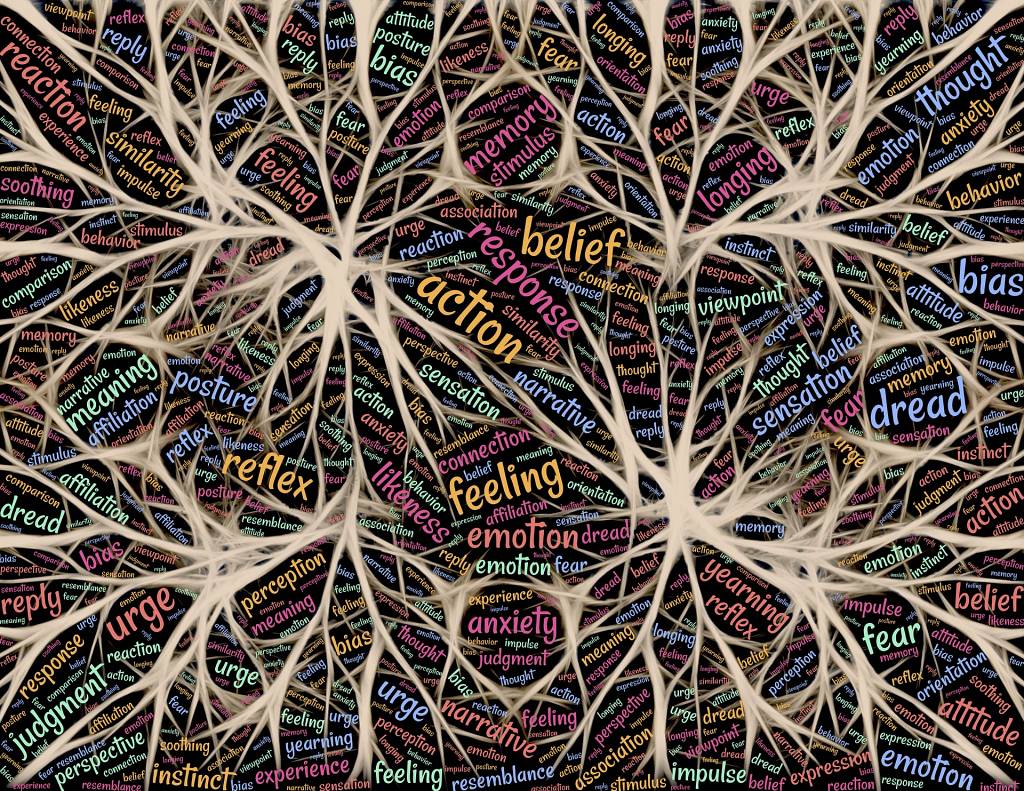
Singing is not just a physical learning; it also involves feeling safe, being able to open ourselves to our feelings, and expressing them through music. It implies a connection with our bodies and self-acceptance. An alarmed Nervous System is not able to doing it because it is occupied trying to protect the individual from a perceived danger.
It is important to mention that singing can awaken feelings and memories, and sometimes it can be difficult to cope. So it is important to have patience and work with people who have this awareness.
In the case of people with symptoms of trauma, it is essential to be in an environment where they find acceptance and there is an understanding of the influence of trauma and mental health issues in singing.
From my experience, I can assure you that it is totally possible to open yourself up to singing, to learn to sing, even if you have symptoms of trauma. And it will certainly be part of your healing process. If more professionals such as teachers of singing become aware of this subject, the journey for people dealing with singing difficulties related to trauma or emotional issues tends to become easier. That’s my contribution.
I recommend that you also watch the video below from my YouTube channel (Studio).
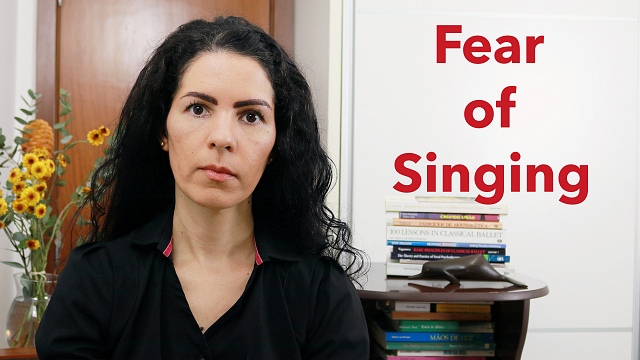
I hope you found this content helpful – if you have any questions for me, leave a comment below!

Credits for the images in this post: 1. bird in a dark environment (first image) from Michal Jarmoluk by Pixabay; 2. all subsequent images from John Hain by Pixabay.
Related Posts
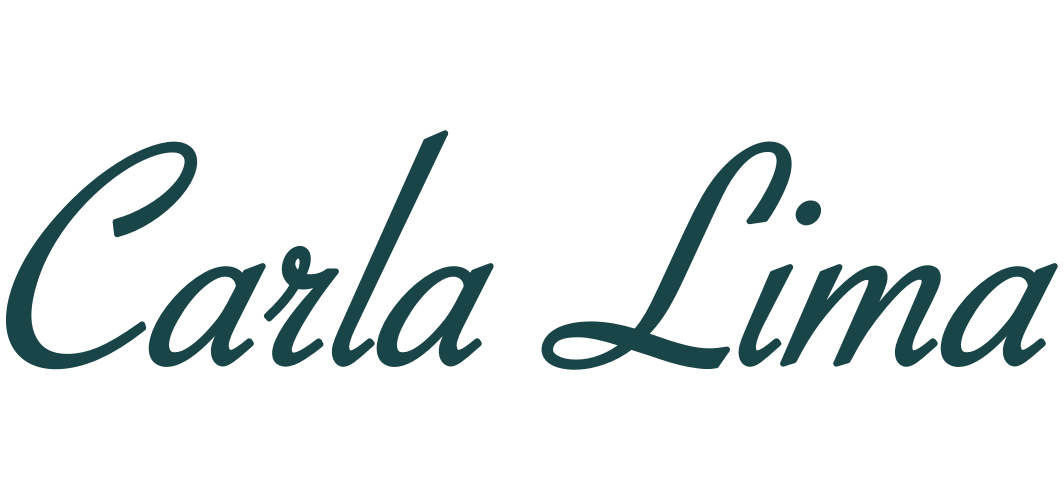
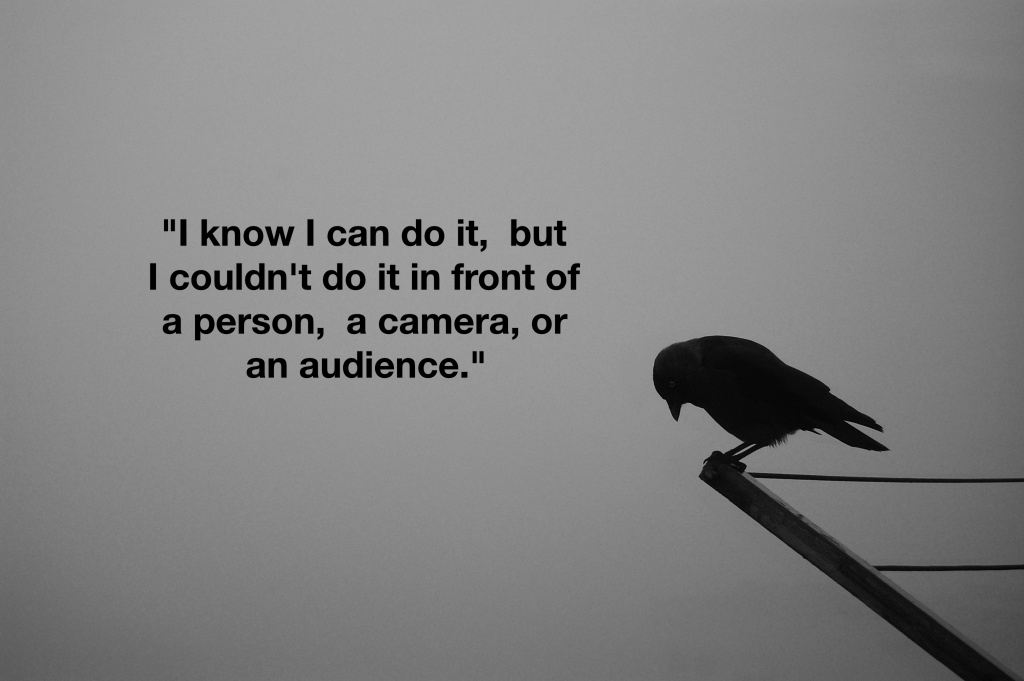










Leave a Reply